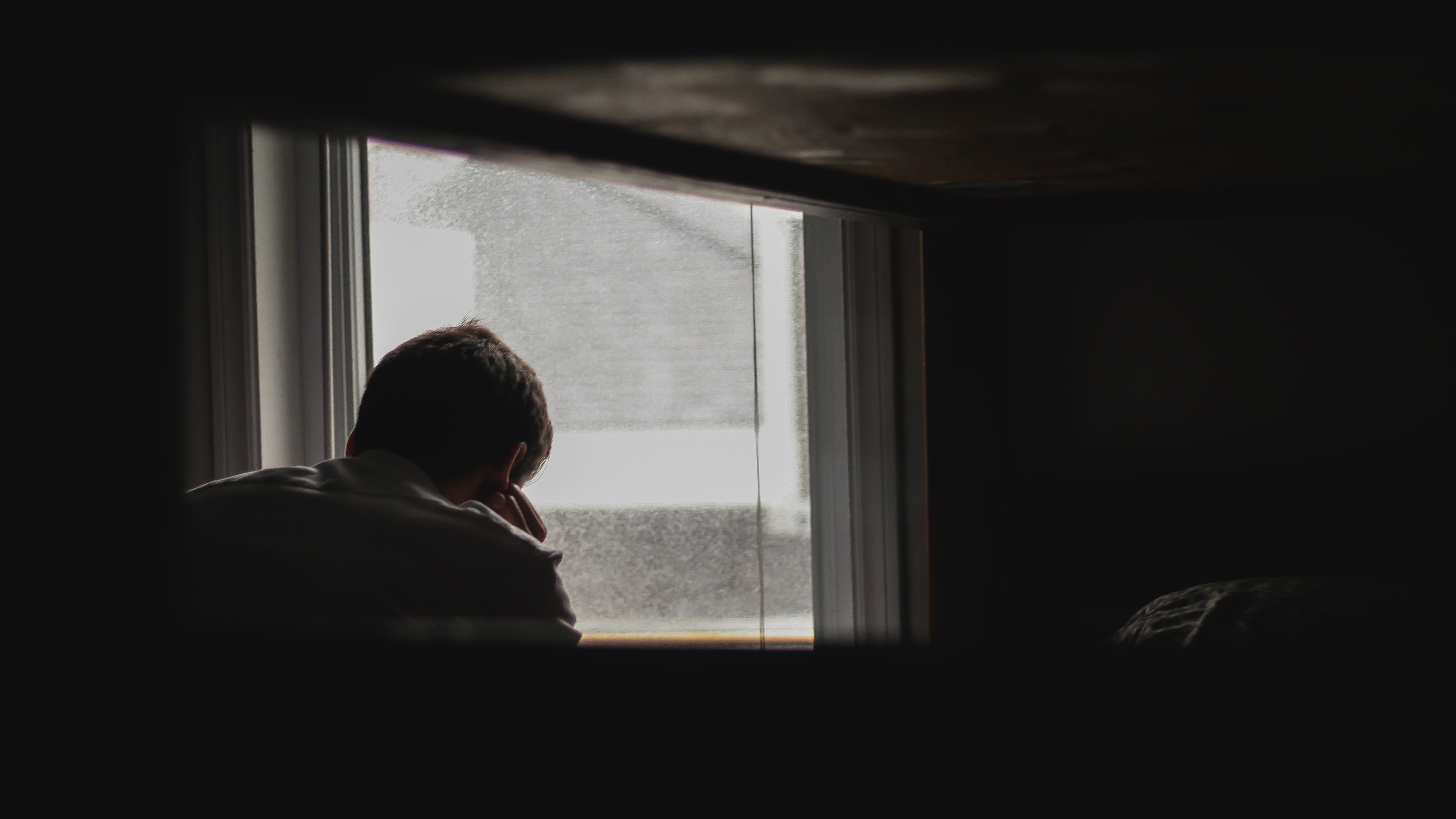I’m sorry for bursting your bubble but using the words ‘retarded,’ ‘schizophrenic,’ and ‘bipolar’ is so not cool. According to Dr. Steven Myers, a professor of psychology at Roosevelt University, using mental illnesses as insults “can be directly harmful to people living with these conditions, and they can also spread inaccurate perceptions of what they really are.”
Take it from someone who has schizophrenia running in the family. Although it’s not entirely genetic (environmental factors also contribute to the disease), people who are actually suffering from it and from other mental disorders are still worthy of respect and should be met with support at all costs. Note that this doesn’t just apply to the illnesses mentioned earlier; CP (cerebral palsy), autism, and obsessive-compulsive disorder (OCD) are still commonly used as pejorative comments as well.
“Anytime a medical diagnosis is used as an insult, it is basically an insult to an entire group of people [who] are not responsible for their condition,” says Arash Javanbakht, director of the Stress, Trauma, and Anxiety Research and Clinical Program at Wayne State University.

Casually calling people as such can create a stigma, causing us to marginalize them. So, what’s the solution? “Education,” Javanbakht says. Around seven to 20 percent of Filipino adults and 10 to 15 percent of Filipino children experience psychiatric disorders in their lifetime. And chances are that you might have a family member or a friend who’s dealing with a mental health condition. “If we can talk openly and learn about those conditions, we’ll be able to develop empathy and see them for what they really are,” he added.
But before you start censoring yourself and others, know that an expression such as “That’s crazy!” is far different from labeling someone as a paranoid schizophrenic. Jokes are inevitable but at the end of the day, the goal is to create greater awareness and the expulsion of the most insulting uses of these terms.
Photos courtesy of Unsplash
Read more:
We only remember mental health when someone (famous) commits suicide
Curing anxiety through virtual reality
Writer: BEA LLAGAS




